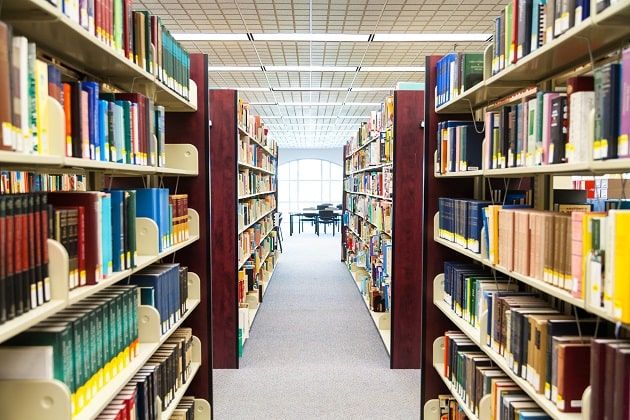The Shifting Landscape of Publishing
The Shifting Landscape of Publishing

The Writer’s Corner: The Craft of Writing Political Thrillers
Publishing is very different today than when I broke in twenty years ago. In fact, I see three tectonic shifts that are sending shock waves through the industry, shaking it to the point that in many ways it is almost unrecognizable from when I released my debut novel, The Last Jihad, in 2002.
The first of these changes is the demise of the mass market paperback novel. It used to be that when you walked into a grocery store or a drugstore, there were racks of cheaply produced books with eye-catching covers being offered for $5.99 or $7.99. Often, they would be near the checkout lines for shoppers to snatch them up as an impulse buy. Now, though, it has become too cost prohibitive for a publisher to produce that volume of books knowing most of them are going to end up in the junkyard. The economy of mass does not work anymore. As a result, many mid-level authors who may have been tested by publishers in the racks are no longer given that option.
There is good news, however, in the second tectonic shift. That is the rise of the e-book. Ten years ago, the e-book was just starting to learn how to walk. Five years ago, it was jogging at a decent pace. Now e-books are running at a full sprint. I was shocked when I first heard from my publisher that in the first few weeks of one of my recent releases, the e-book sales surpassed that of the hardcover. The same was true when the book was later released as a paperback. For some, the change to e-book is a matter of convenience. I often will have several books that I am reading at one time. I could lug them around with me in an oversize backpack so they are available whenever I might find a break in my day. Or I can download them onto my phone, where they are all ready for me at the swipe of a finger. For others, the choice of e-books is wholly economic. In a sense, they’ve replaced the mass market paperback. I may not try out a new author if it’s going to cost me $24.99 for a hardcover. But for $9.99 on Amazon’s Kindle or Barnes & Noble’s Nook? Sure, I’ll give them a shot.

For the publisher, the e-book has been a financial relief. It’s not free to post a book, but it is essentially just the cost of the contract between them and the writer, along with whatever promotion money they choose to put toward it. Because of the low cost, e-books are what allow publishers to take risks on new authors or to try to breathe new life into a mid-list author. As much as I love the feel of a real book in my hands, I still believe this electronic explosion has been a great development for the publishing industry and for new and upcoming authors.
The third tectonic change has been audiobooks. The audiobook has been around for a very long time. I can still remember my blind grandmother listening to Books on Tape that she would check out from the library. Whenever she came to the end of one side, she would pop the cassette out and either flip it over or swap it out for the next. These days, with today’s technology, you can download War and Peace onto your phone in fifteen seconds with Wi-Fi. Audiobooks are a great way to get through material that you wouldn’t otherwise have time for. I subscribe to Audible, and it allows me to listen to two or three—sometimes even four—books a month while I’m driving, flying, picking something up from the grocery store, or running errands for my wife. I love that. The audiobook market is exploding, and it will be interesting to see the new directions that publishers and book recording studios take the medium.
Although change is never easy, I believe that no matter what shifts take place, ultimately people will still want to read a book they can hold in their hands. That’s especially true of nonfiction books, because readers like to take notes and mark them up so that they can reference them later. So while the rumors of the demise of physical books are greatly exaggerated, the way we read will continue to change. And for those of us who love nothing more than to crack open a new book and smell the paper as we flip the pages, we may just need to sit back, breathe deep, and remember that sometimes change is actually good.
—Joel C. Rosenberg



